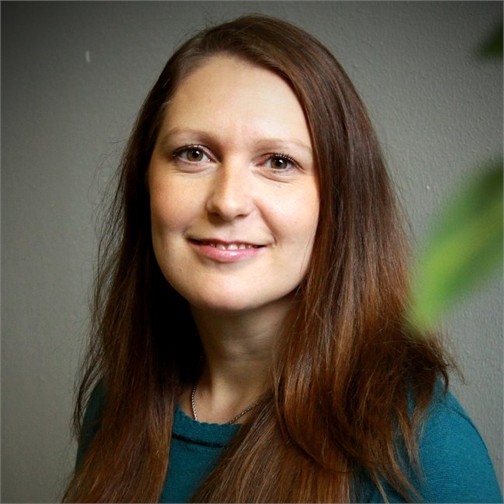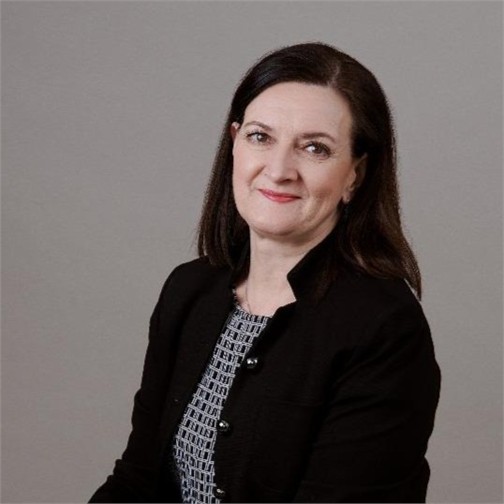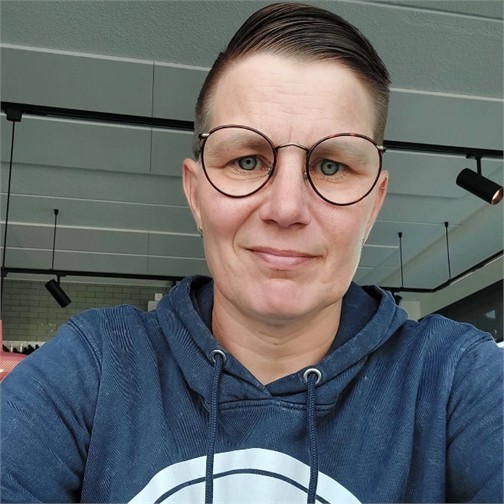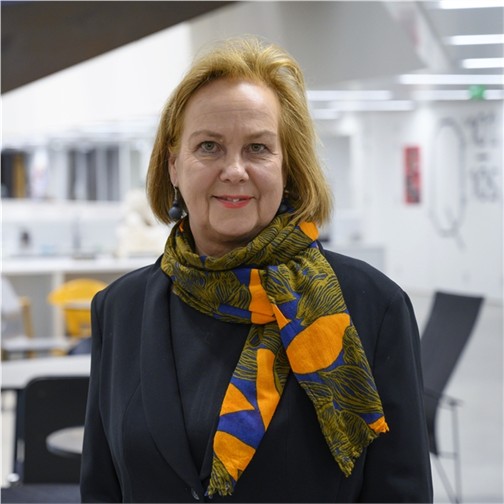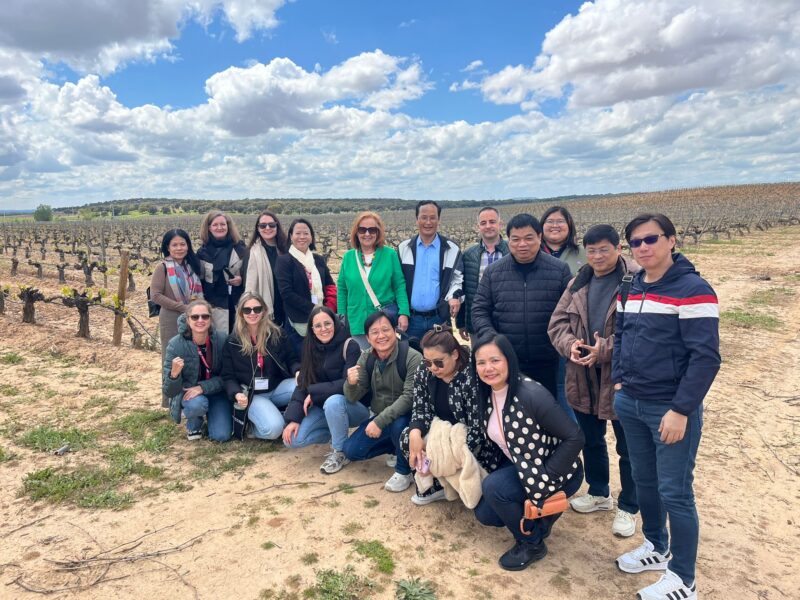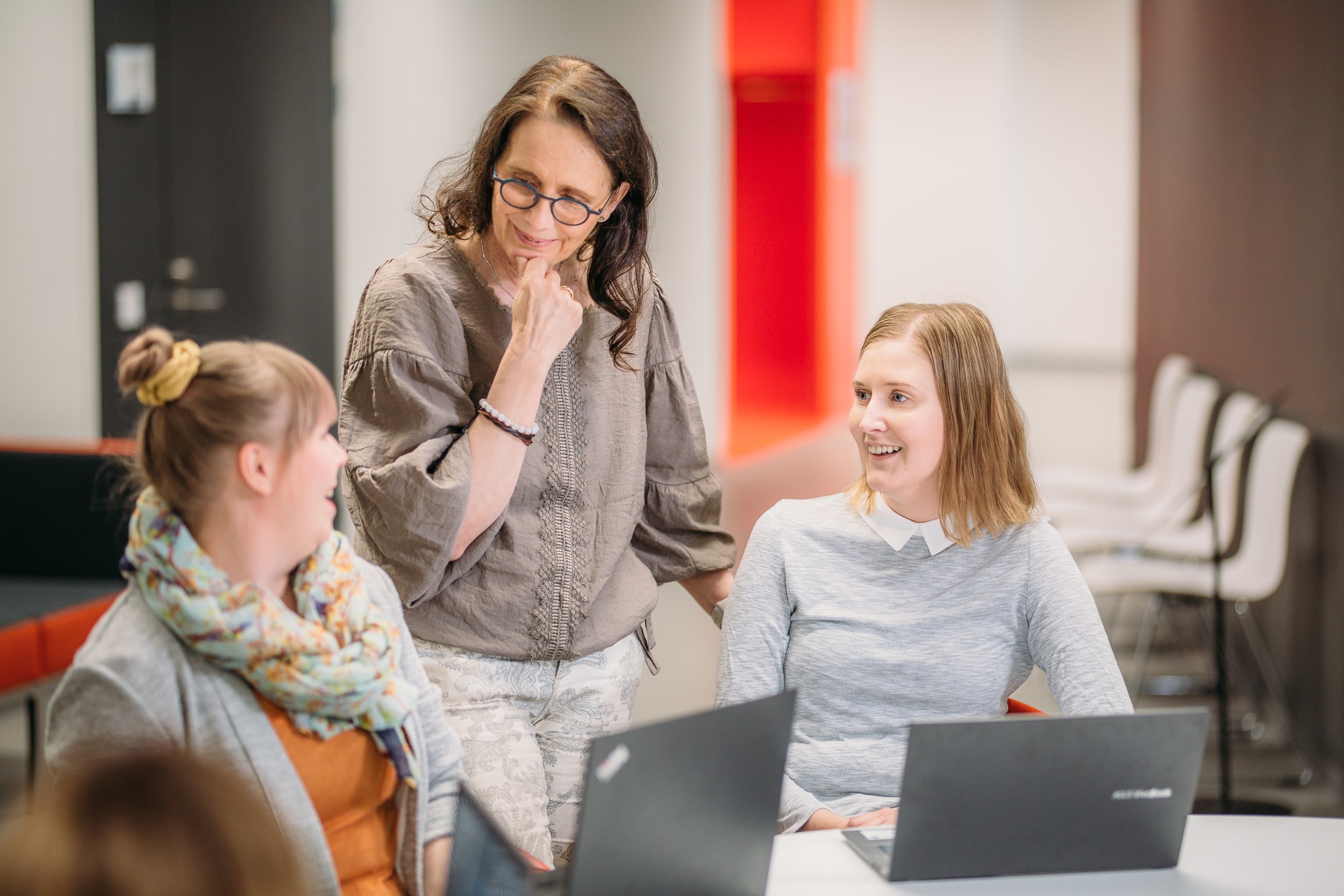
GreenEdAsia
Learning for Sustainable Future – Higher Education for Green Transition in Southeast Asia

Project information
| Project | Learning for Sustainable Future – Higher Education for Green Transition in Southeast Asia |
| Duration | 1.12.2024-30.11.2027 |
| Partners | Ho Chi Minh City University of Technology and Education (Coordinator) Dong Thap University Rajamangala University of Technology Lanna Rajamangala University of Technology Thanyaburi Häme University of Applied Sciences University of Burgos |
| Funder | European Commission, Erasmus+ Capacity building for Higher Education |
| Budget | 888 000e |
GreenEdAsia promotes environmental sustainability and green practices through higher education in Southeast Asia.
Our goal is to strengthen the ability of higher education institutions to train skilled workers in the fields of circular bioeconomy and renewable energy in Vietnam and Thailand.
The project develops an innovative curriculum that integrates sustainable development principles into various subjects. Additionally, it trains teachers and collaborates with local industries and government bodies to provide students with practical experience and opportunities to participate in the green transition in their communities.
Impact
Our focus on renewable energy and circular bioeconomy create a possibility for the project to make a significant impact towards the Green Deal goals as both fields contribute towards transforming our economy and societies, cleaning our energy system and boosting global climate action.
Project activities engage variety of different stakeholders, ie. students, work life representatives, teachers, educational managers, policy makers. Involvement of these target groups in concrete project activities and real-life challenges increase their climate awareness and gear their attitudes from absorbing information towards resolving the challenges we face in building more sustainable and resilient societies and economies.
Involving partners from two Asian countries enables the project to better tackle regional environmental challenges. Collaboration between Asia and Europe opens possibilities for trans-regional collaboration and innovations. Student challenges bring together students, teachers and the private sector to enhance the knowledge, skills and attitudes needed for a modern workforce.
Project activities
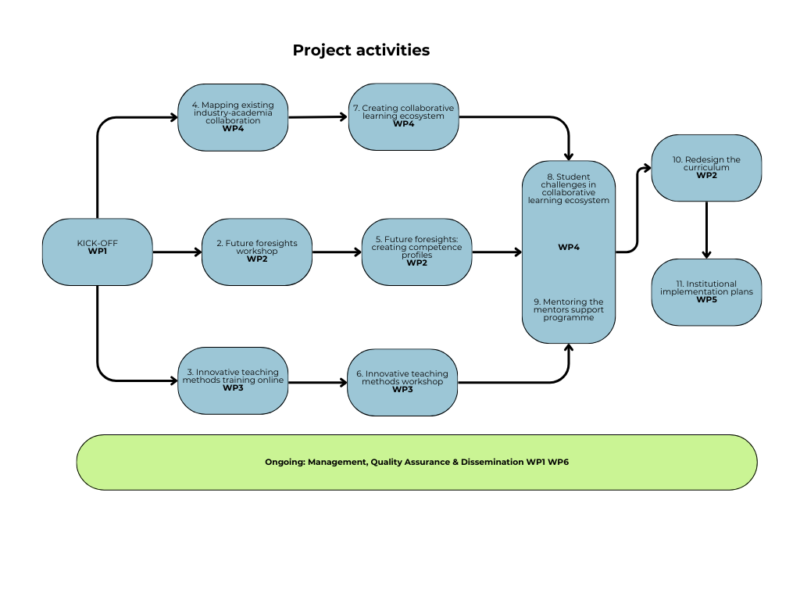
News
Strengthening sustainable education and green transition in Southeast Asia
HAMK collaborating to advance green transition in Southeast Asia
Follow us on social media!
Check out HAMK’s social media channels focusing on research!
Contact information
